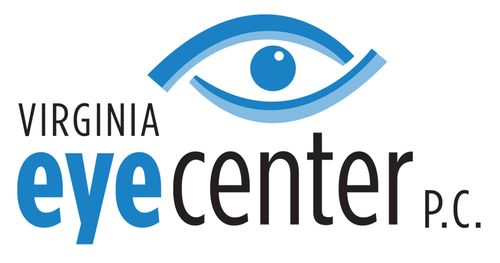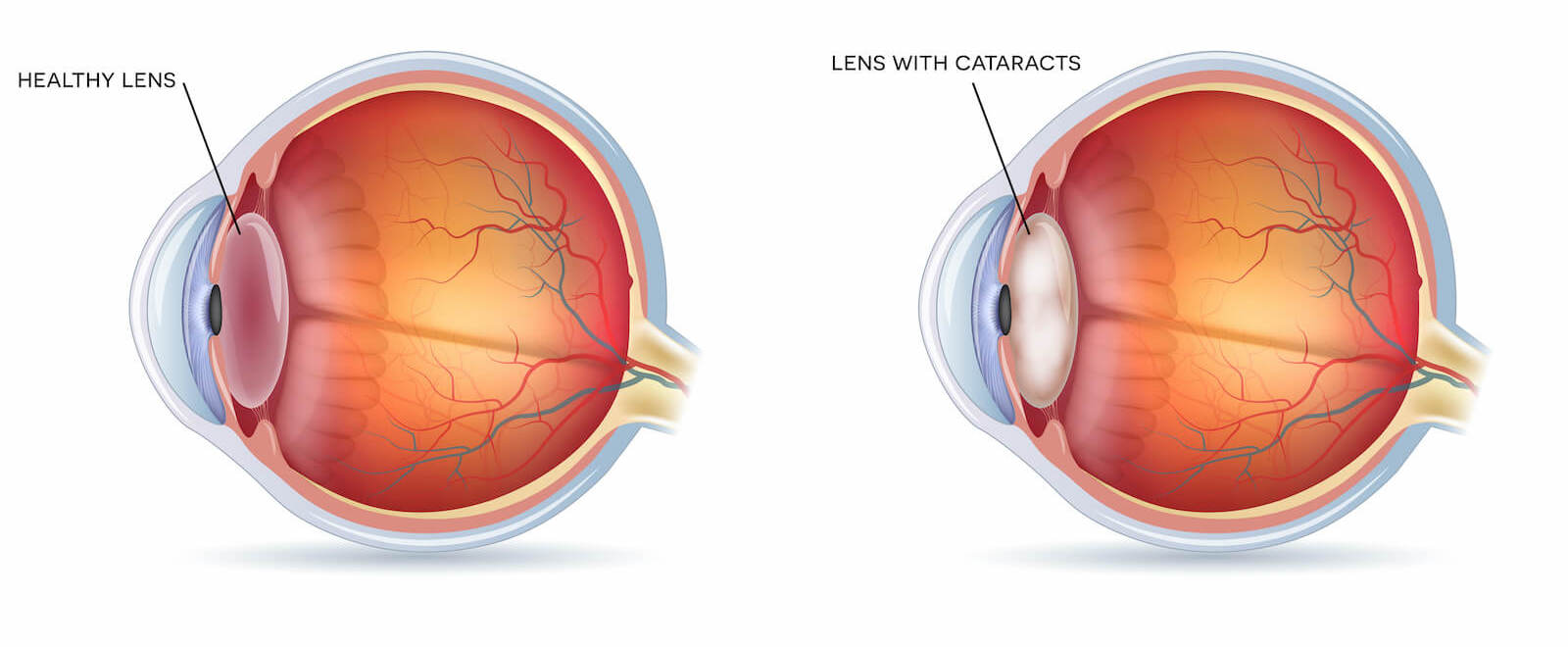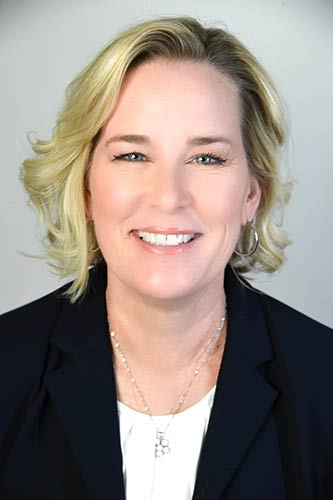

Cataracts form as a natural result of the aging process within the eye. For this reason, cataracts are extremely common.
At Virginia Eye Center, our eye doctors have the experience and expertise to diagnose cataracts and treat your symptoms.
Take our cataract self-test to see if you are a good candidate for surgery.
Just as other things in your body change as you age, cataracts occur as a natural process of aging inside the eye. Over time, the proteins inside your eye’s natural lens begin to break down and clump together. This process makes your natural lens turn cloudy, and the cloudiness begins to block light from reaching the back of your eye. The retina is located at the back of the eye and is responsible for gathering information from light to send it to the brain.
Cataracts can cause a variety of symptoms. Typically, cataracts begin to develop in most people between the ages of forty and fifty. Certain factors like previous eye injury or surgery, previous steroid use, or large amounts of sun exposure may cause you to develop cataracts earlier in life. Your eye doctor can diagnose cataracts during a routine eye exam.
It is important to see your eye doctor regularly so that they can monitor your cataracts and eyes for any vision changes.

Not everyone will experience the same symptoms of cataracts. These are the most common symptoms of cataracts:
If you are noticing any of these symptoms, see your eye doctor to determine if they are caused by cataracts.






When you are first diagnosed with cataracts, you may not need cataract surgery. Cataracts often start small and do not significantly affect your vision in the beginning stages of development.
In the beginning stages, your eye doctor will likely recommend ways you can improve your symptoms. They may frequently update your glasses prescription, instruct you to use extra lighting when reading in dimly lit areas, and maybe tell you to avoid driving at night if it is difficult for you. Cataract surgery is the only way to treat cataracts and restore clear vision. Cataract surgery is safe, effective, and one of the most commonly performed surgical procedures.
Once your cataracts begin to affect your everyday life, your eye doctor will recommend cataract surgery. During cataract surgery, your eye doctor will remove your natural lens (which is now a cataract) and replace it with an artificial lens, known as an intraocular lens or IOL.
Your eye doctor will help you decide which IOL to choose to replace your natural lens. There are many choices that can help accomplish different visual goals and align with various budgets.
First, your eye doctor will numb the surface of your eyes with anesthetic eye drops. Then, they will create a small opening in the clear, round dome at the front of your eye, known as the cornea.
Through this opening, your cataract surgeon will use special equipment to break up your natural lens where the cataract is and remove the tiny pieces. Next, they will replace your lens with the IOL that you have chosen.
Once the new lens is in place, they will position it and leave the opening on your cornea to heal naturally. Cataract surgery is an outpatient procedure, meaning you will get to go home the same day.
Take our self-test and find out!
At Virginia Eye Center, we are dedicated to providing you with the best lens options available. Deciding on an IOL can be a challenging process.For this reason, our eye doctors are here to help walk you through the process to determine which lens is best for you, depending on your hobbies, lifestyle, and budget.
At Virginia Eye Center, we offer a variety of IOLs to help accomplish your vision goals.
The traditional (monofocal) implants used over the last few decades afford single-focus vision, either NEAR or DISTANCE.
However, if you have astigmatism or wish to see both distance and near at the same time, you would benefit from the newest technology implants, (Lifestyle IOLs) that have become available to address these problems and are discussed below.
The TECNIS Eyhance IOL is a unique type of monofocal lens. A monofocal lens will provide clear vision at one range of distance.
However, the Eyhance IOL offers more than a traditional monofocal lens. The Eyhance lens gradually changes from one refractive power on the borders to a different refractive power in the middle instead of being uniform throughout like a traditional monofocal lens.
This IOL may be a good choice for those who do not want to invest in a premium IOL but still would like more than what a traditional monofocal IOL can offer. The Eyhance IOL has an extended depth of focus, which means it can provide you with improved distance and intermediate vision.
The toric IOL is specifically designed to address those eyes which have a significant amount of astigmatism. This IOL makes it possible to reduce or eliminate astigmatism and significantly improve uncorrected vision.
The Alcon PanOptix IOL is a trifocal lens designed to provide you with clear near, intermediate, and far distances after cataract surgery. As a premium lens, the PanOptix IOL can provide you with greater visual freedom, as you will be able to experience less dependency on glasses and contact lenses.
The PanOptix IOL is the first and only trifocal IOL and can provide you with excellent vision.
The Alcon Vivity IOL is a non-diffractive extended depth of focus lens. This lens can allow you to experience crisp vision at multiple ranges of vision.
Thanks to patented X-WAVE technology, the lens’s shape softens the transition between rounds, allowing light to extend over it without dispersing it.
As a result, there are far fewer visual distortions and a substantially more expansive field of view. This lens is a premium lens. So although it may be more expensive, it will provide you with greater visual freedom after cataract surgery.
Are you experiencing symptoms of cataracts? Schedule an appointment at Virginia Eye Center in Leesburg, VA, today!

Sarah Merrill, MD
General Opthalmology, Botox, Cataract Surgery

Ruby Parikh, M.D.
General Ophthalmology, Cataract Surgery & Uveitis

Christina Chang, MD
General Ophthalmology, Cataract Surgery, Botox

Dana Schneider, M.D.
General Ophthalmology, Cataract Surgery, Corneal Diseases